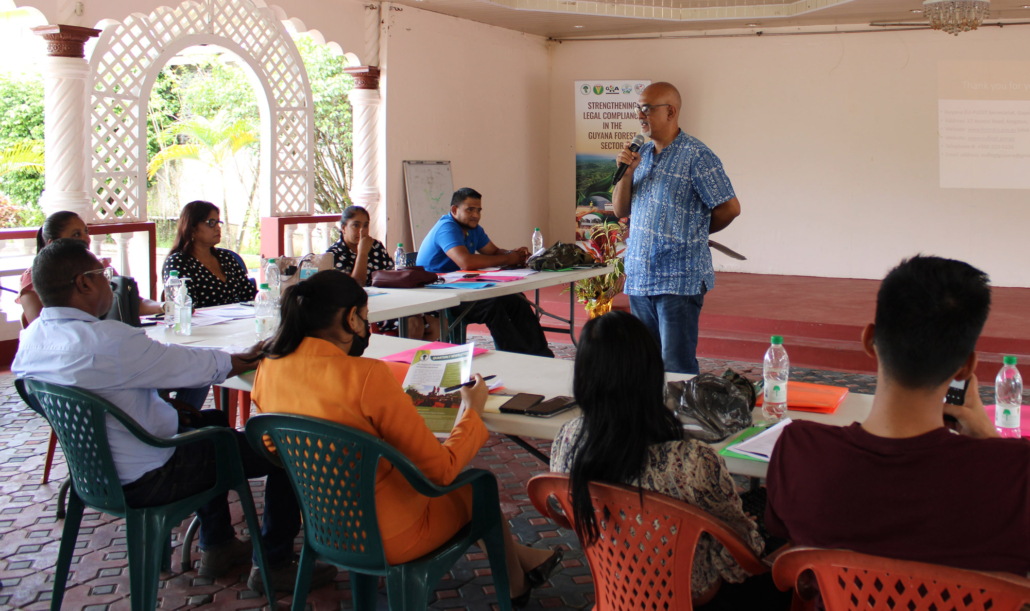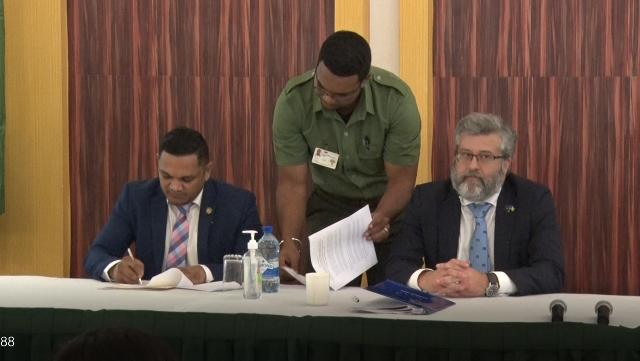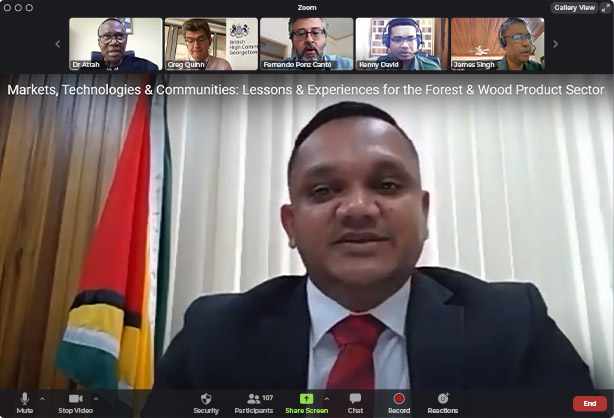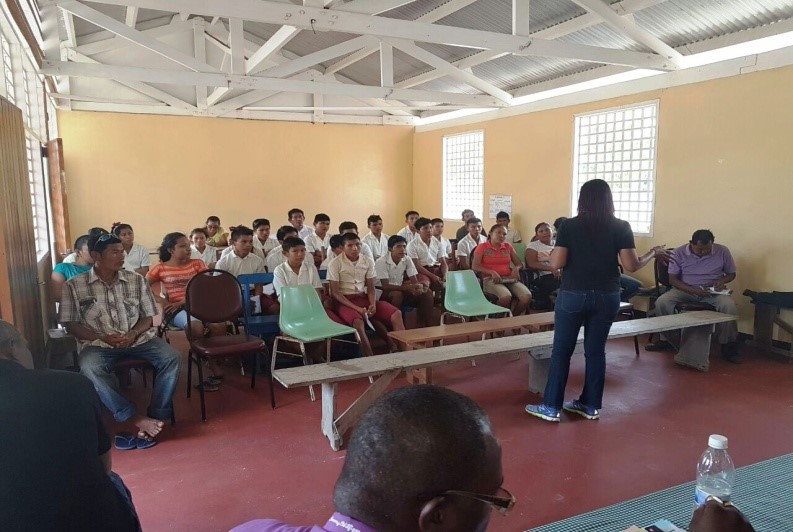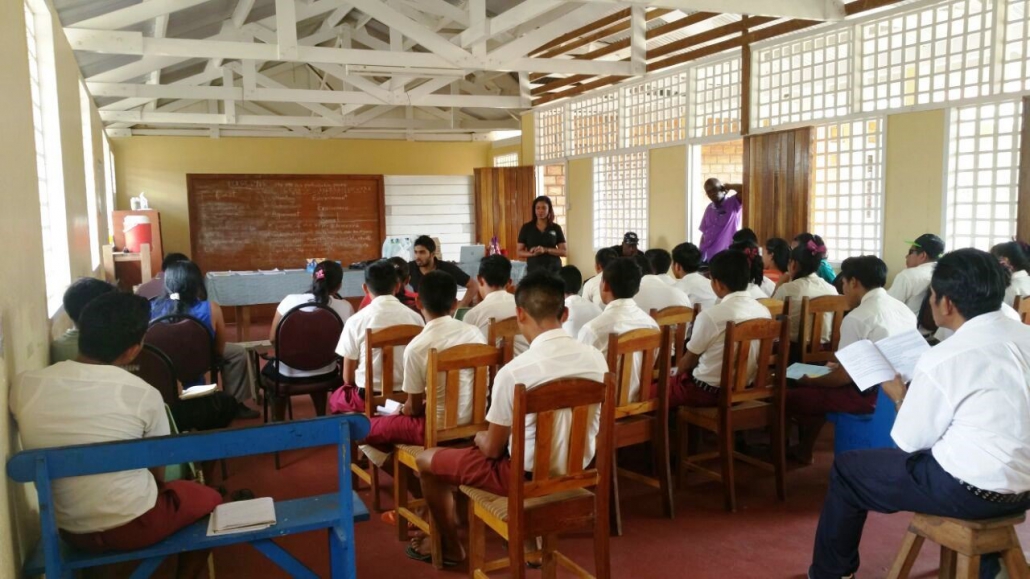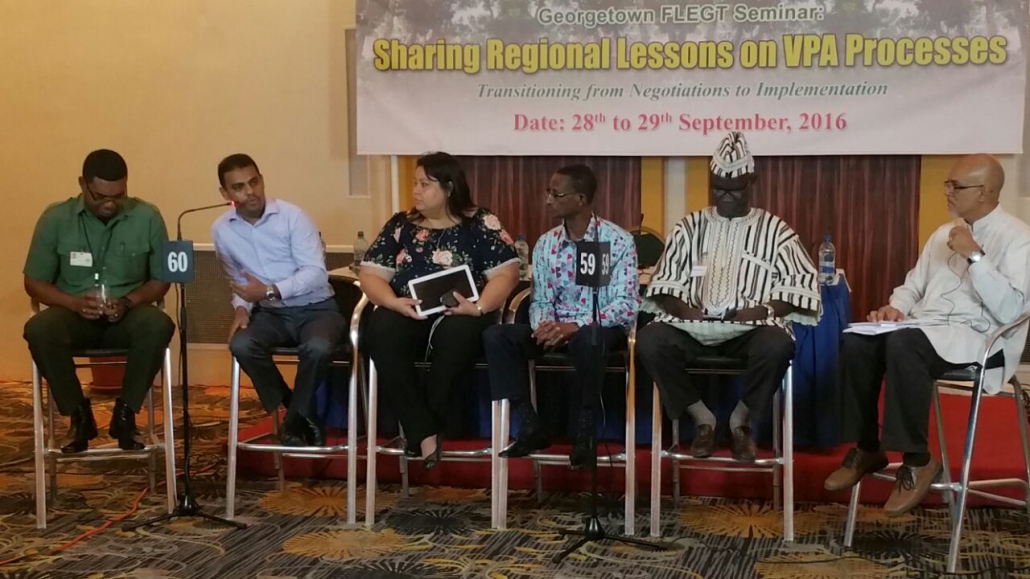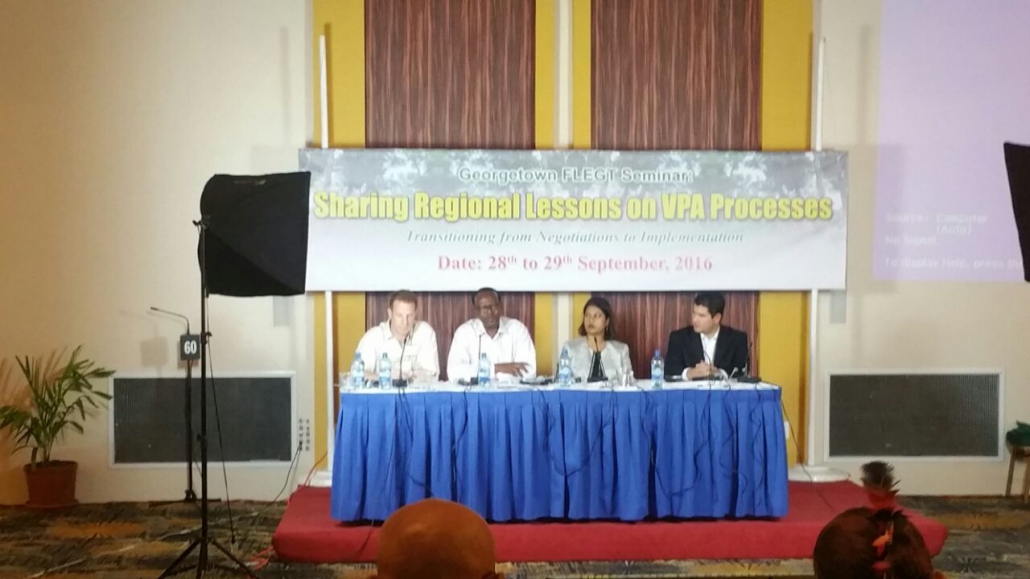COP 15: the EU and Guyana sign an agreement on sustainable trade of legal timber
Today at COP 15 in Montreal, Canada, European Commissioner for Environment, Oceans and Fisheries Mr. Virginijus Sinkevičius, and Guyana Minister of Natural Resources, Hon. Vickram Bharrat M.P., signed a legally binding trade agreement to promote sustainable trade of legal timber to the European Union (EU). Mr. Jan Dusík, Deputy Minister of the Environment of the Czech Republic, EU presidency of the Council, co-signed the agreement. The agreement will give EU-based timber buyers assurance that timber products from Guyana are legal. It will help improve forest governance, further curb illegal logging and promote trade in verified legal timber products. This cooperation takes place in the context of the EU Global Gateway strategy which stands for sustainable and trusted connections. Global Gateway is tackling the most pressing global challenges, including fighting climate change and supporting the security of global supply chains.
Through the Voluntary Partnership Agreement, Guyana will have to improve market access to EU businesses, as well as modernise its forestry sector, create jobs, promote sustainable development, and protect the rights of indigenous peoples.
Under the VPA, Guyana commits to developing a timber legality assurance system to assess that timber products -for all stages of the supply chain- have been produced in accordance with national legislation. When this system is operational, Guyana can issue verified legal timber products with FLEGT licences.
Guyana is the first country in the Amazon region to sign a Voluntary Partnership Agreement (VPA) on forest law enforcement, governance, and trade (FLEGT) with the European Union.
With the signing of this agreement, Guyana and the EU each needed to ratify the VPA, according to their respective procedures. Forest stakeholders as the private sector, indigenous peoples, local communities, and civil society, have all been closely involved in the negotiation of the agreement, alongside the Government and EU representatives. They will continue to play a key role throughout the implementation phase.
This bilateral agreement will advance the integrated planning and management of Guyana’s forest sector under the Low Carbon Development Strategy (LCDS) 2030.
Background
The signature marks the end of a 10-year negotiation process. It consolidates Guyana’s position as a frontrunner in the protection, restoration, and sustainable management of forests. Under the EU Global Gateway Strategy, Guyana is also one of the first five countries worldwide that signed a Memorandum of Understanding on a Forest Partnership with the EU at COP 27 a month ago.
Guyana has already robust national legislation on forests, including a Forest Code, and the VPA will ensure this is duly enforced, guaranteeing the sustainable management of the country’s enormous forest area and thus protecting biodiversity. It will also help to improve the competitiveness of Guyana’s timber industry by modernising timber operations. This, in turn, will create jobs and ensure that forestry brings employment to the formal economy while expanding trade opportunities as Guyana moves to export guaranteed legal timber products.
Guyana is the second country in Latin America to sign a VPA with the EU under the FLEGT Action Plan, following Honduras.
Quotes
“We are thrilled to have reached this agreement with Guyana,” said Commissioner for International Partnerships Jutta Urpilainen. “After the forest Partnership signed at COP 27, this VPA provides an opportunity for the EU and Guyana to keep on building on our long-standing partnership to further cooperate in the area of environment and forests. Forests are our allies in fighting climate change and protecting biodiversity, and local communities benefit from sustainable forest management. I am confident that this agreement will also lead to a positive impact on the Guyanese population, including indigenous peoples.”
Commissioner for Environment, Oceans, and Fisheries Virginijus Sinkevičius added: “This VPA is yet another positive development in fighting illegal logging, as the world meets in Montreal to agree on ambitious new targets to halt and reverse biodiversity loss. Earlier this month, the EU agreed on the world’s-first law to fight global deforestation and forest degradation driven by EU production and consumption. The new law will integrate and improve the existing system to control timber legality, going beyond legality and addressing several other crucial commodities beyond wood. We will work with Guyana and all other partner countries to help them reap the economic opportunities of this new law for deforestation-free producers across the globe.”
“Guyana has one of the oldest, most diverse, and largest tropical ecosystems worldwide that houses an array of diverse flora and fauna. Our forests are home to more than 9 000 species and it is crucial that we preserve such wildlife”, said the Minister of Natural Resources Vickram Bharrat. “Forests in Guyana are also a net carbon sink and have a major role to play in the world to mitigate climate change. They cover nearly 80% of our land and through sustainable forest management, we can ensure they can continue to be home to our rich biodiversity, help us strengthen the economy, and improve people’s livelihoods. This deal with the EU will boost the trade in legal timber, which will stimulate the creation of green jobs while protecting the precious environment we have. This bilateral agreement will advance the integrated planning and management of Guyana’s forest sector under the Low Carbon Development Strategy (LCDS) 2030.”
“This Agreement constitutes a significant contribution to the conservation of Guyana’s forests, which is essential for both protecting the biodiversity and fight against climate change. Guyana and the European Union already work together very closely, and the Voluntary Partnership Agreement will strengthen our cooperation and also stimulate good governance and sustainable forest management”, says Jan Dusík, Deputy Minister of the Environment of the Czech Republic and Special Envoy of the Czech Government, on behalf of Czech Presidency of the Council of the EU.
Download the VPA Between Guyana and the EU on FLEGT in Timber Products to the EU.
Related links
Guyana Forestry Commission
Guyana FLEGT VPA website
FLEGT VPA Facility: Guyana country page
COP27: EU launches Forest Partnerships (europa.eu)
Statement by the President: Signature of Forest Partnerships (europa.eu)
Global Gateway
Source: Guyana Forestry Commission
